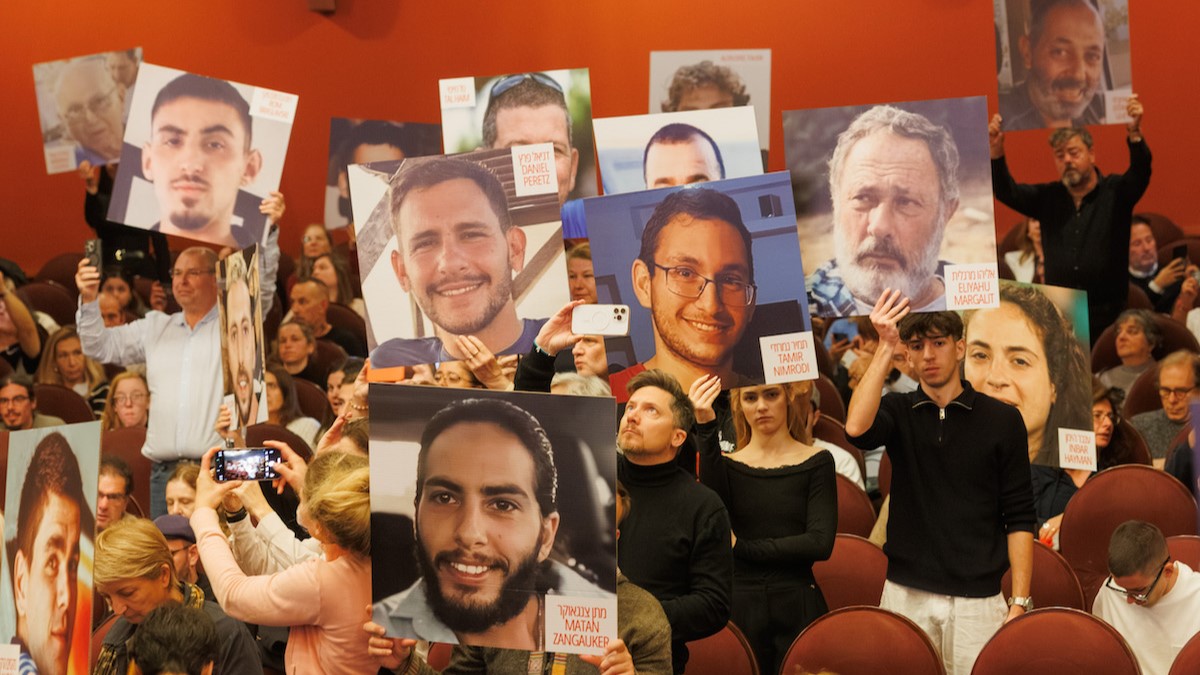
‘They joined the Nova Festival to celebrate. When the Hamas assault began, they narrowly escaped tragedy: they ignored police instructions to head toward the Re’im base—one of the first sites overrun by terrorists…they instead drove in the opposite direction. Their car came under heavy fire, bullets striking the vehicle repeatedly, but miraculously, they reached another army base…’
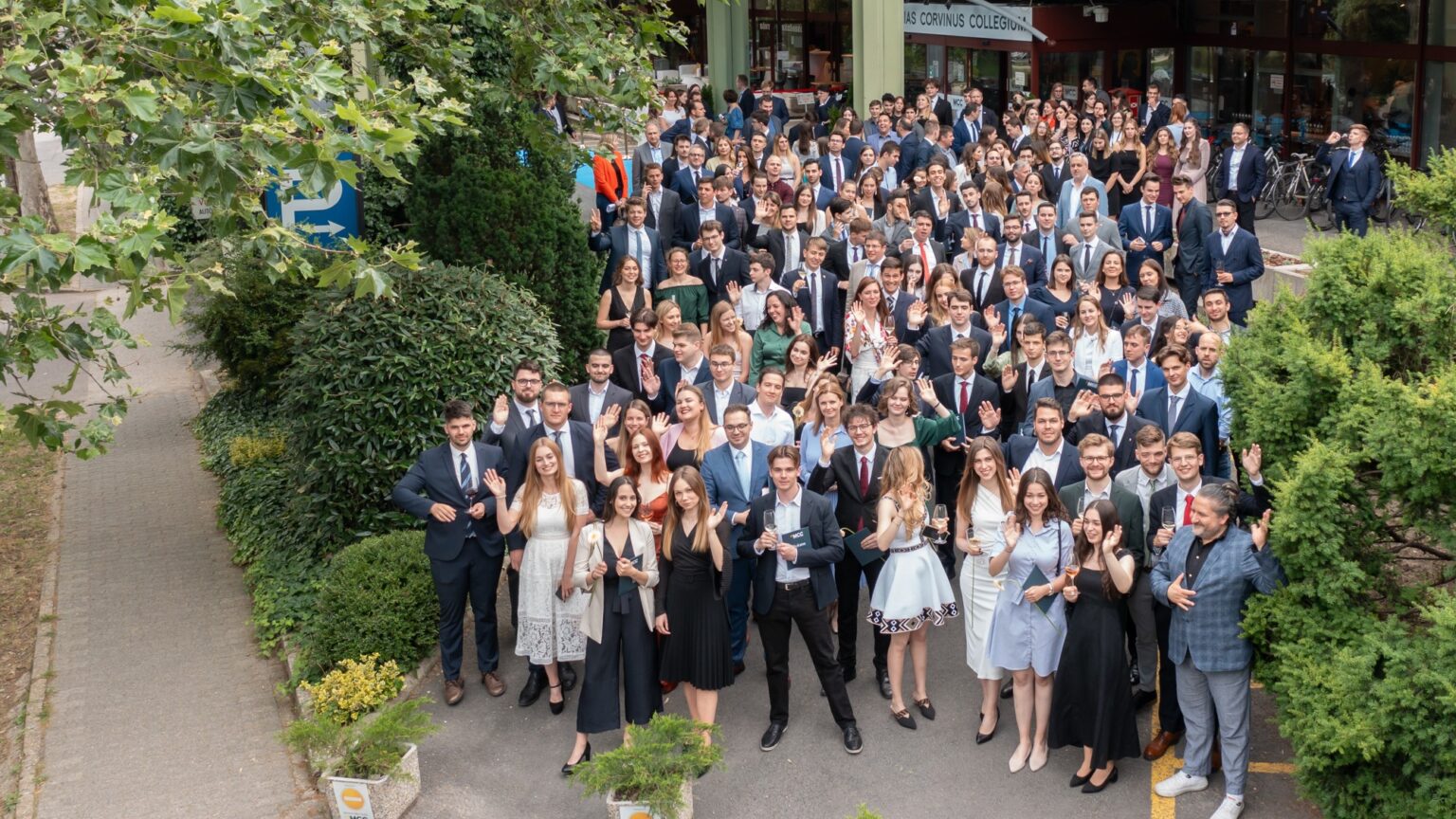
A new survey by Hungary’s National Media and Infocommunications Authority (NMHH) shows that communication and media studies remain among the most popular university majors, with half of students planning careers in PR or marketing and only a quarter eyeing online journalism.
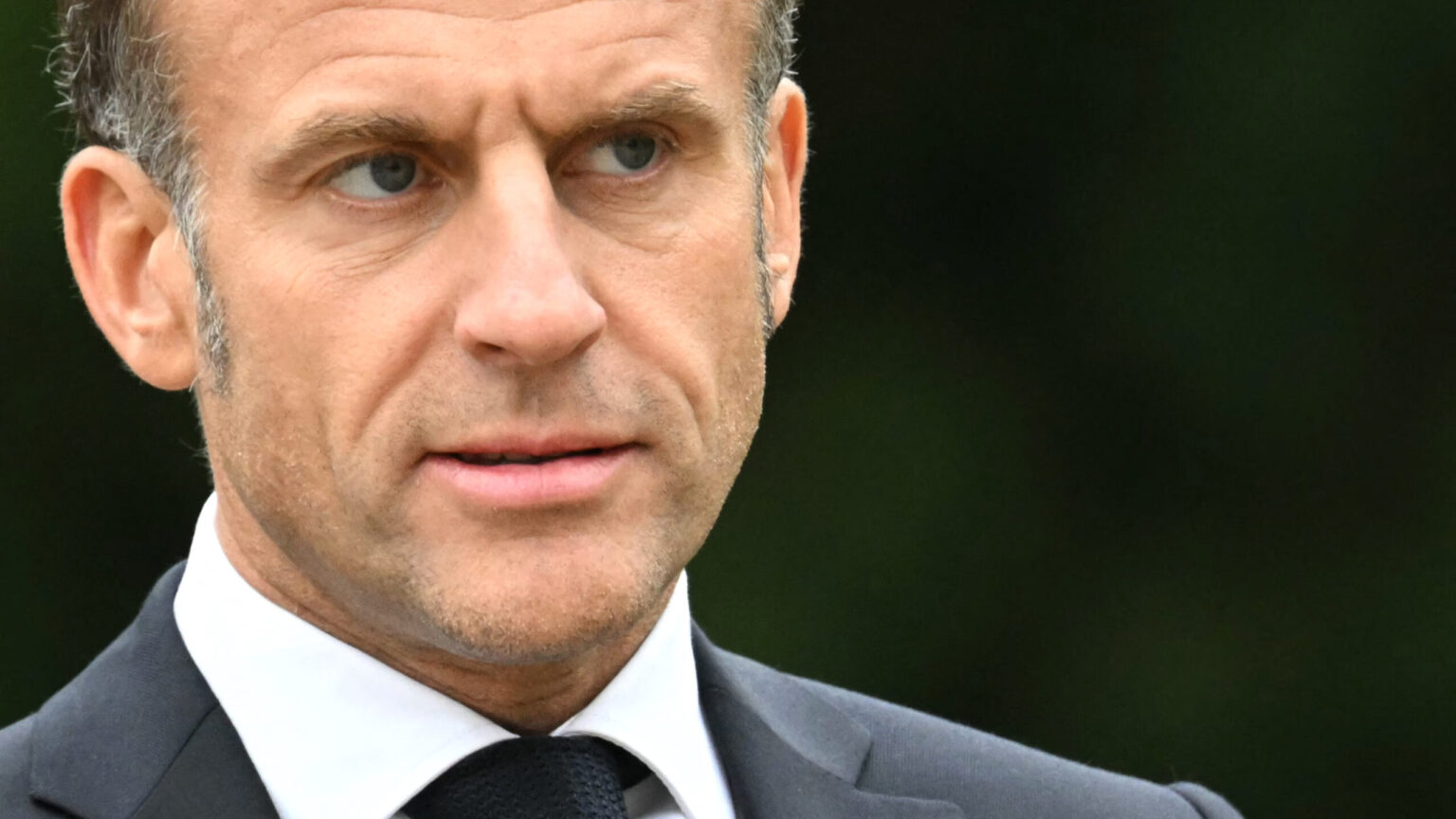
The collapse of Sébastien Lecornu’s government has plunged France deeper into crisis, forcing Emmanuel Macron to weigh another snap election that could propel Marine Le Pen’s National Rally to power. Such a shift would upend the European Union’s political order, giving patriots unprecedented influence in Paris and Brussels.
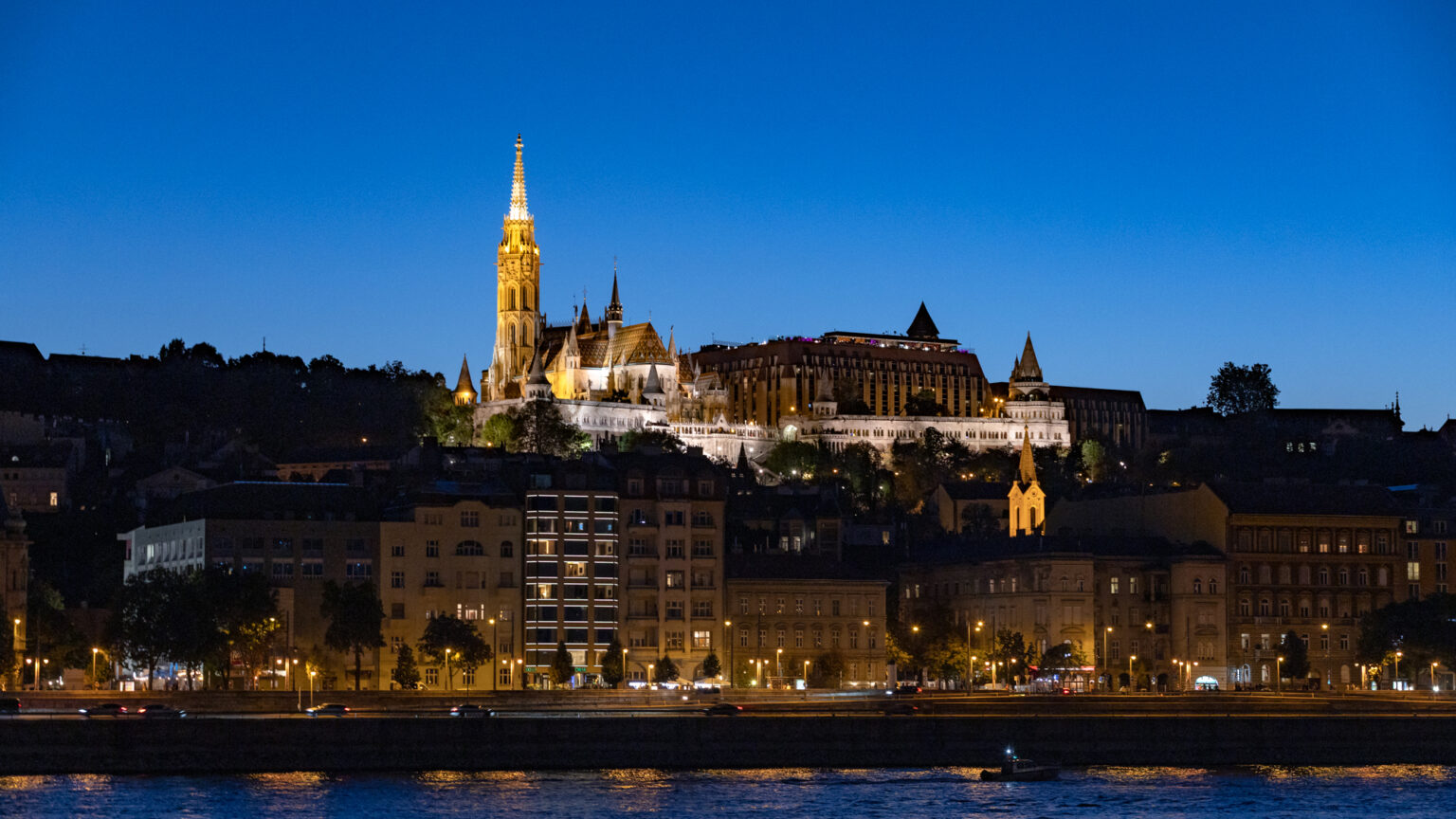
Hungary’s Ministry for National Economy announced new measures to strengthen domestic industry and SMEs, expanding the 100 New Factories Programme to 150 and launching 3 per cent fixed-rate loans under the Széchenyi Card initiative from 6 October.
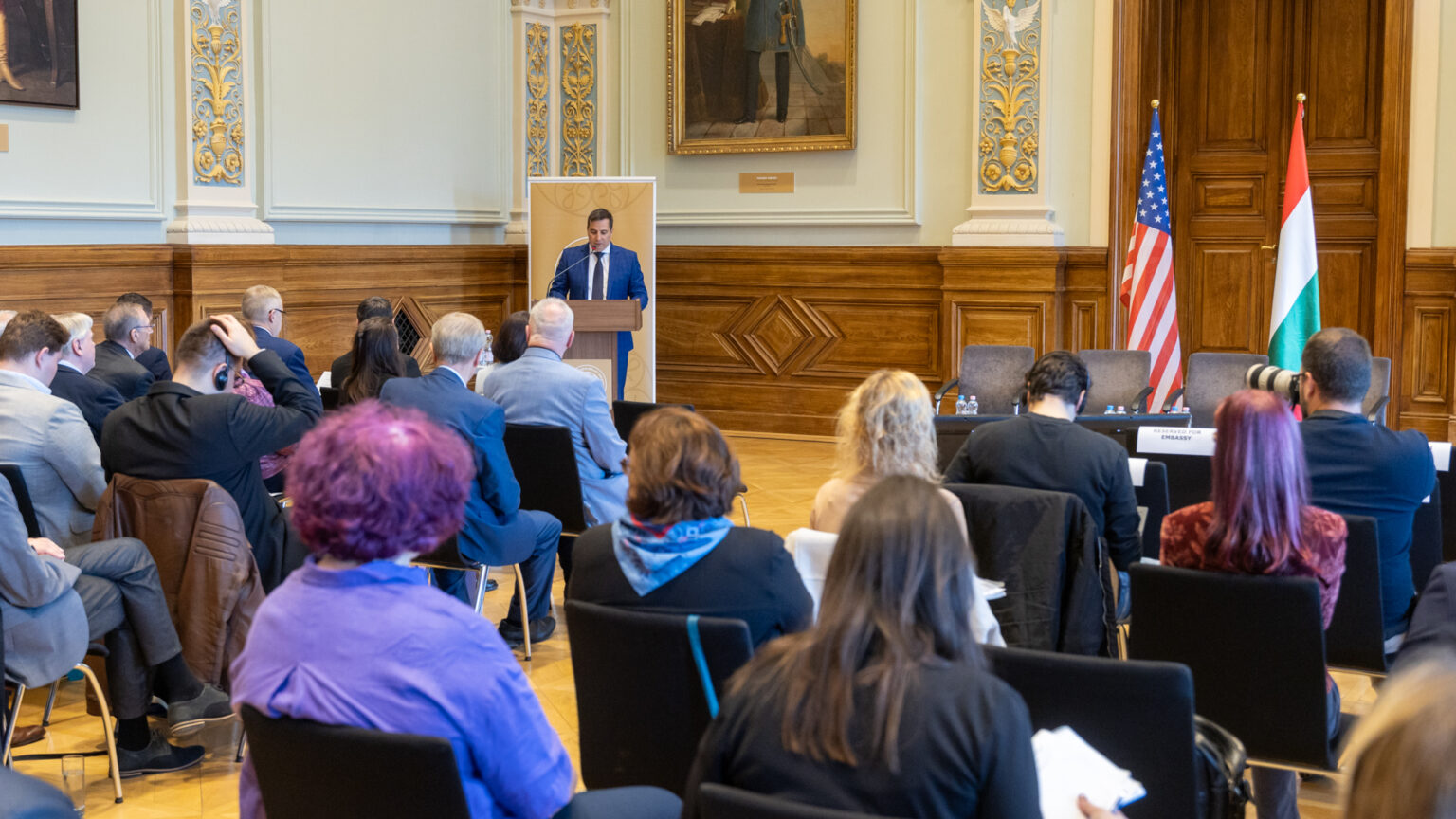
The 100th anniversary of the Treaty of Friendship, Commerce and Consular Rights between Hungary and the United States was marked with a commemorative event at the Ludovika University of Public Service. Speakers included Rector Gergely Deli, US Chargé d’Affaires Robert Palladino, and State Secretary for Bilateral Relations at the Ministry of Foreign Affairs and Trade Boglárka Illés.

Nóra Lakos’s family film I Accidentally Wrote a Book collected seven international awards over the weekend in Germany, Poland, and Denmark, further cementing its status as Hungary’s most successful live-action family movie in decades.
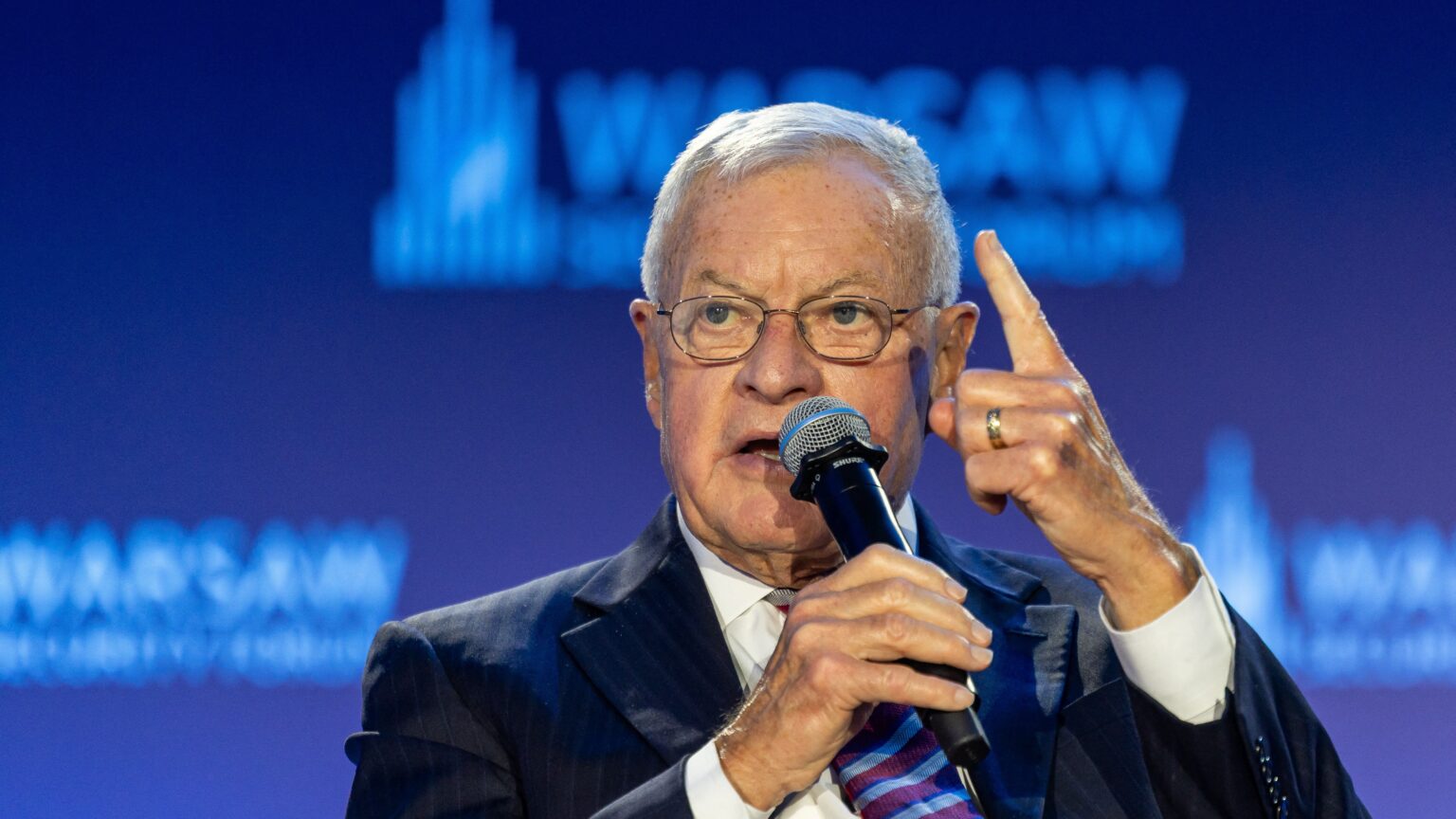
‘With the raging war in Ukraine, Russia’s recent incursions into NATO airspace in Poland, Estonia, and Denmark, and the rising worries of war in the Pacific, one would probably imagine that the tone of the conference would be somber and serious. However, it was anything but.’
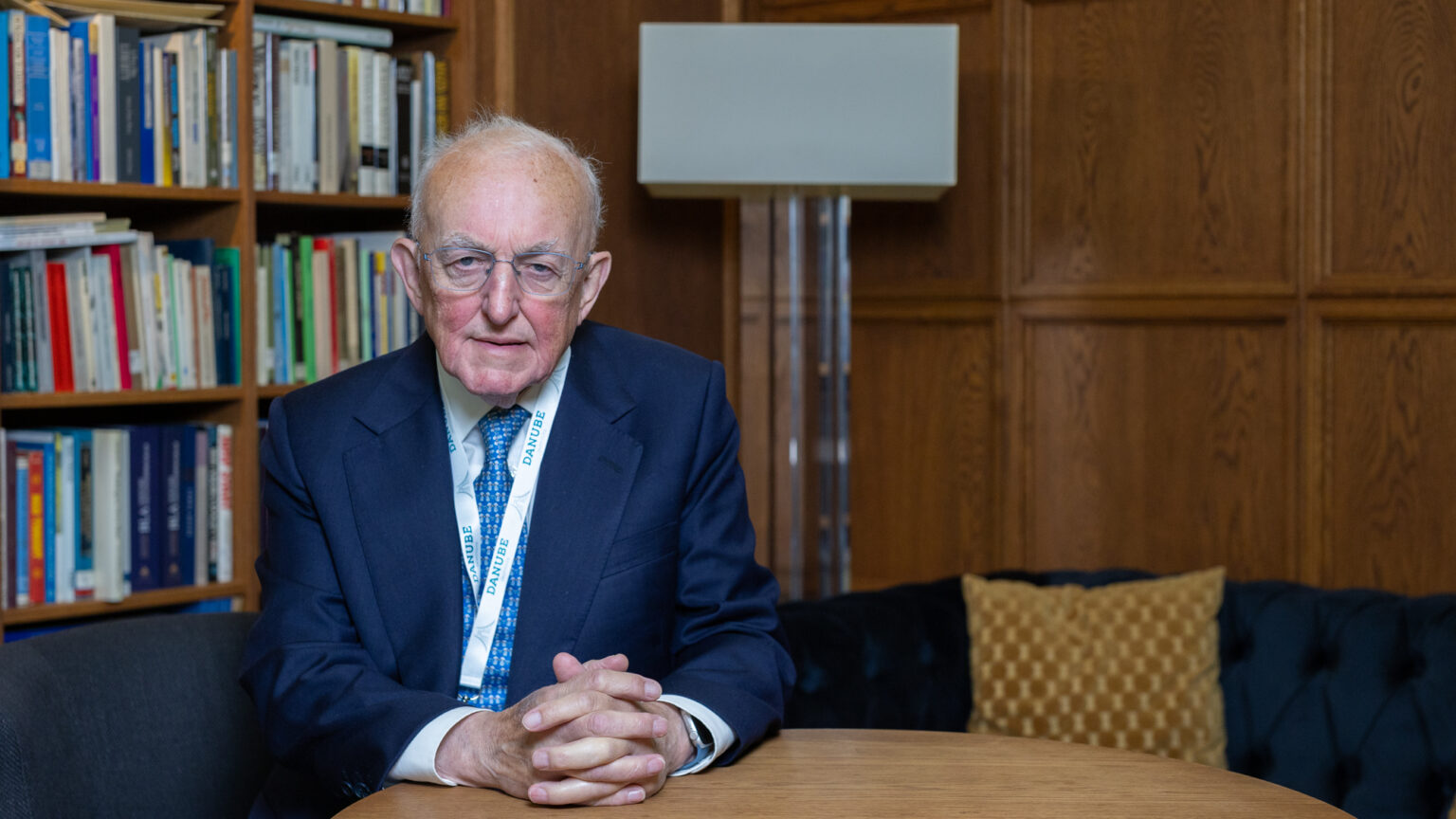
What were the main characteristics of Margaret Thatcher’s personality? What was the greatest hardship she had to face in government? What was the most important political achievement she was proud of? We asked the Iron Lady’s former chief policy adviser about the nature of Thatcherism at the Danube Institute’s Thatcher conference.
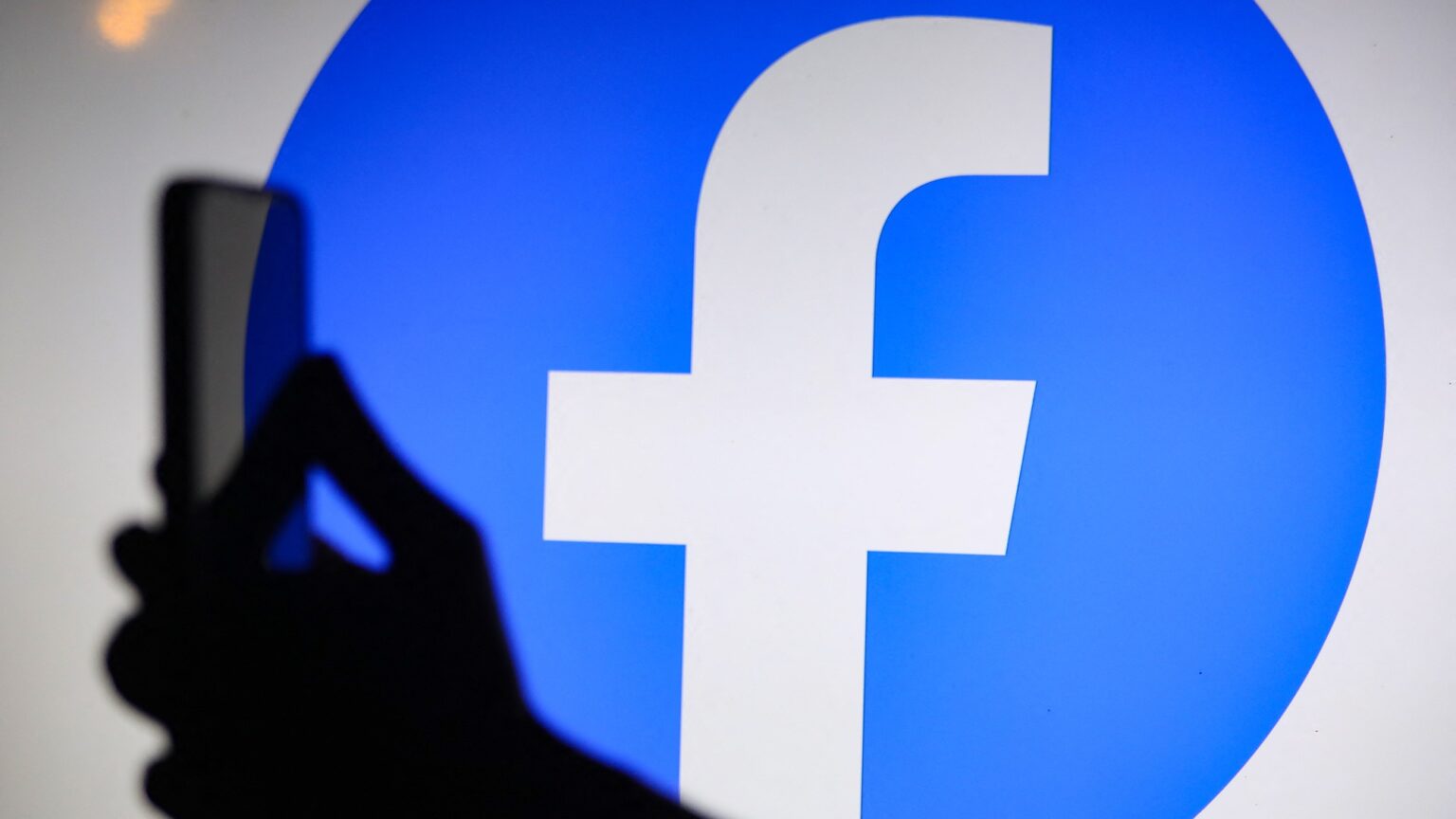
Leader of the far-right Hungarian opposition party Our Homeland, László Toroczkai has announced in parliament that he will challenge the result of the 2026 parliamentary election regardless of outcome. Since Facebook deleted his page in 2019 and hasn’t reinstated it despite a Hungarian ruling, he feels his party is being unfairly disadvantaged.
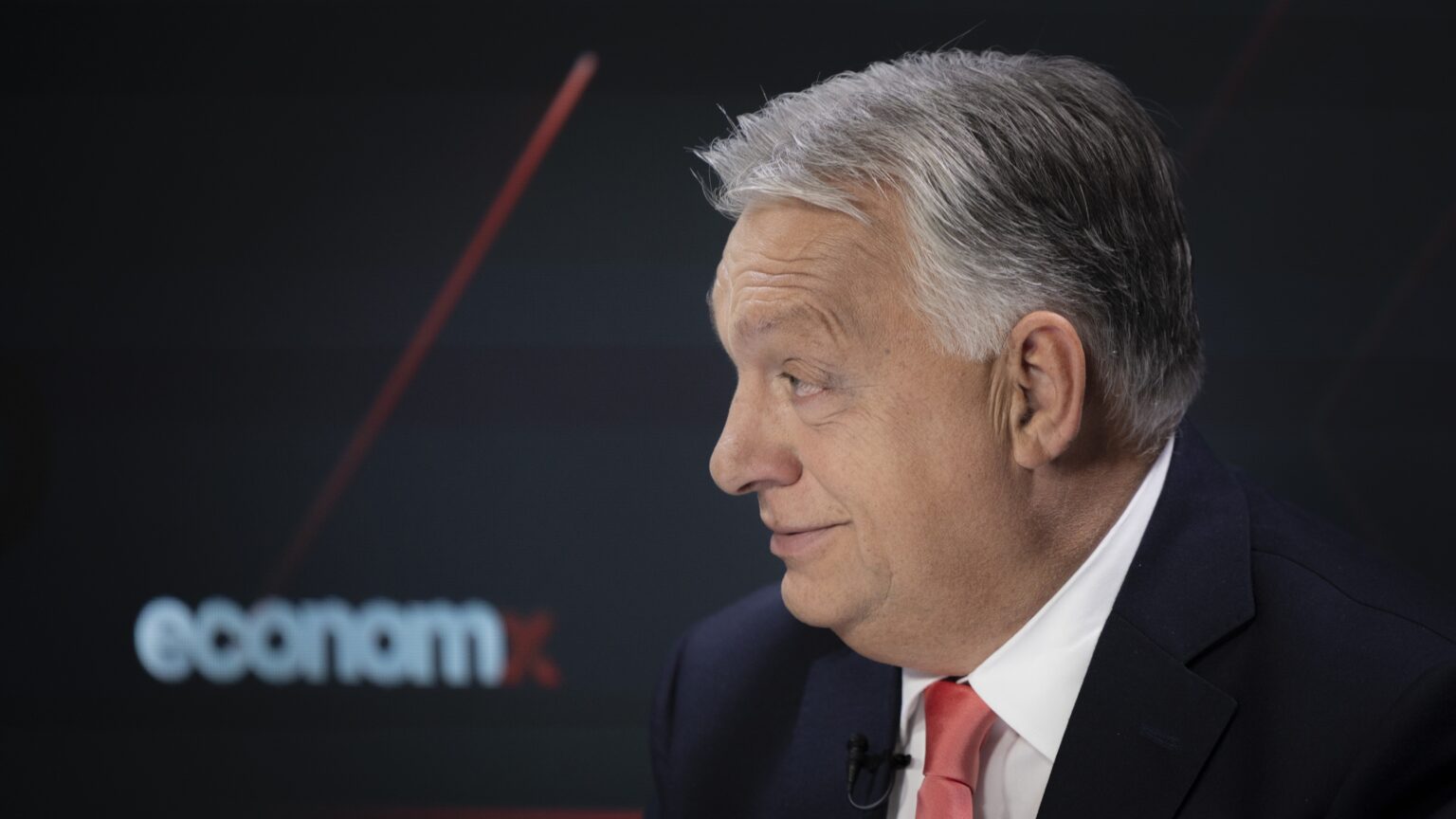
Prime Minister Viktor Orbán declared that low taxes are the best economic policy in an interview with the Hungarian Chamber of Commerce and Industry, stressing tax cuts as key to wage growth and competitiveness while rejecting EU-driven tax hikes.
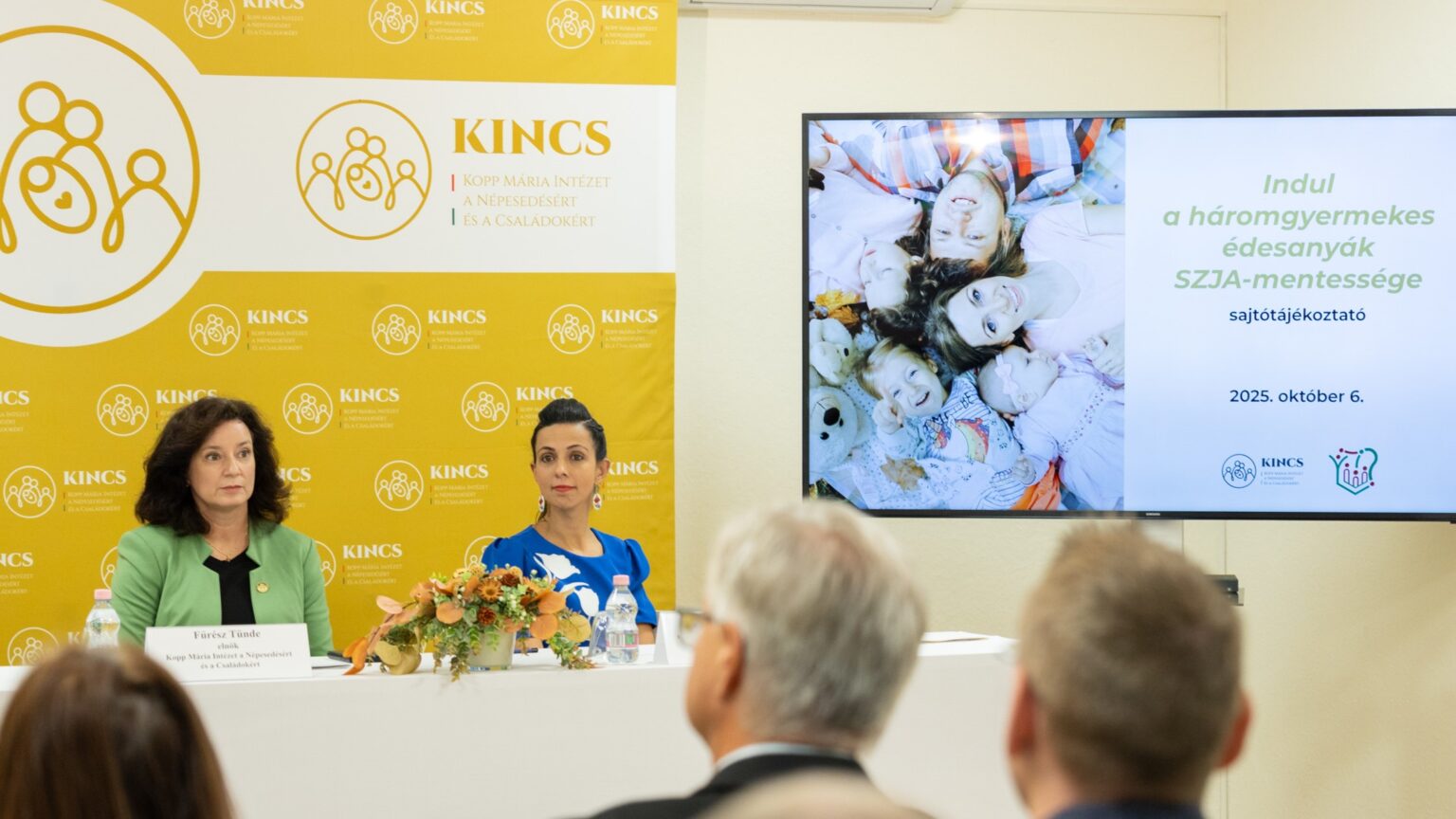
Hungary has launched a landmark tax exemption for mothers of three children, ending their personal income tax burden permanently. The government hails it as a family policy revolution, while critics dismiss it as electioneering—State Secretary Zsófia Koncz shared details about the measure at a press conference on 6 October.
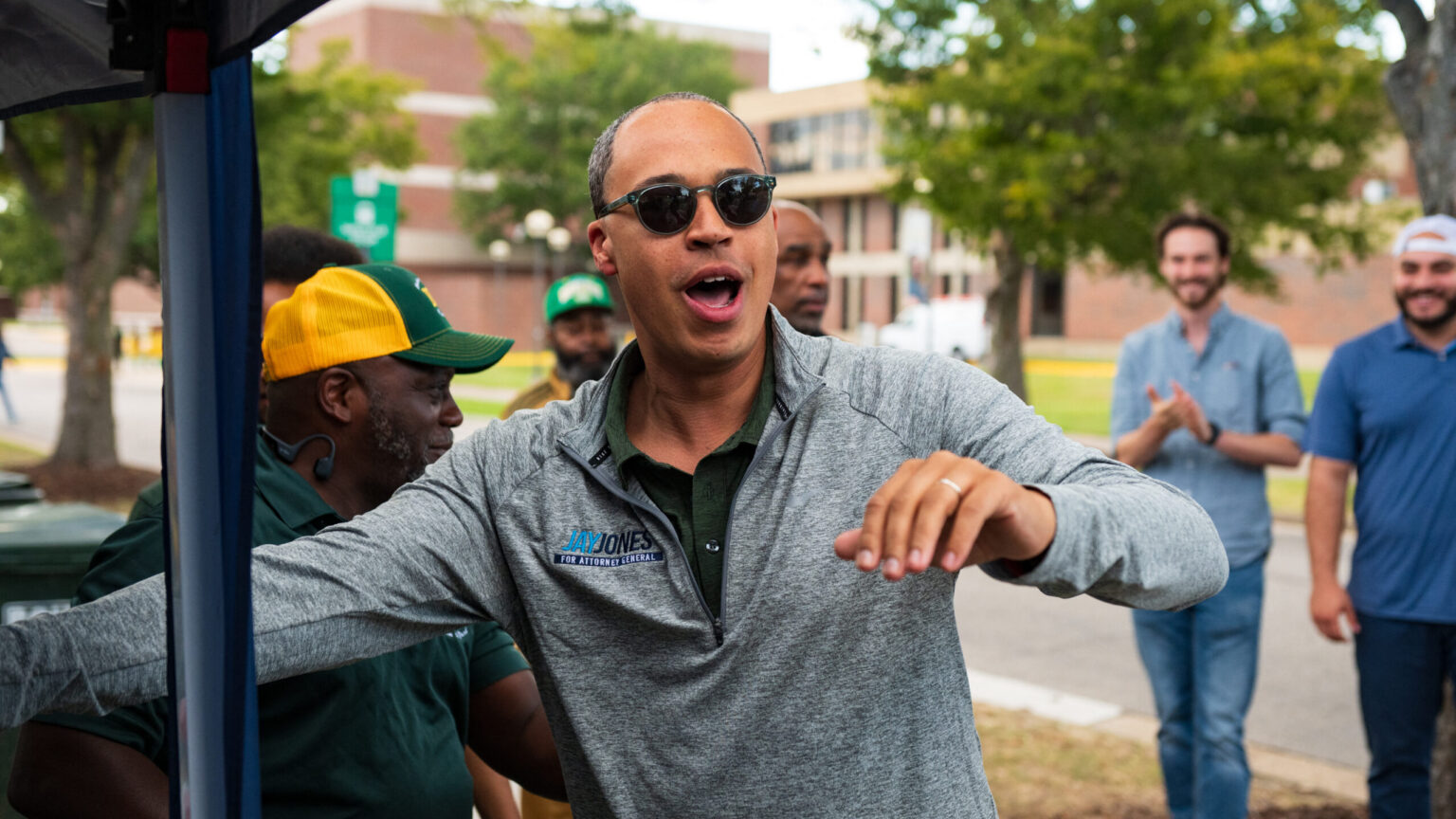
Democrat Jay Jones admitted sending texts describing the murder of former Virginia House Speaker Todd Gilbert and his family, sparking a political firestorm. President Trump and Vice President JD Vance condemned the remarks as disqualifying, with Trump endorsing Republican Attorney General Jason Miyares ahead of the November election.
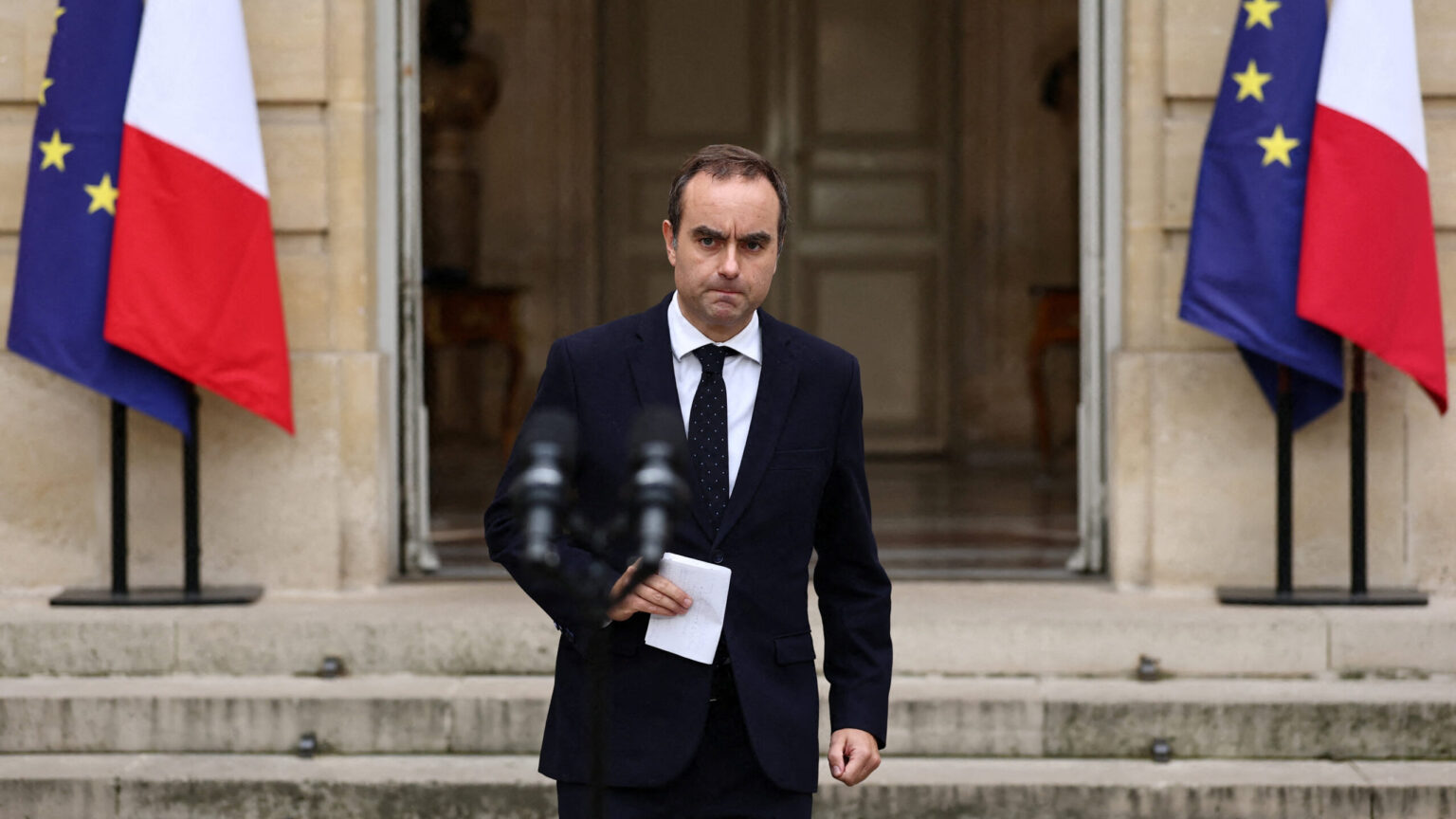
French Prime Minister Sébastien Lecornu and his cabinet resigned less than 12 hours after being sworn in, setting a record as the fastest collapse in the history of the Fifth Republic. The debacle marks Macron’s third failed government since the July 2024 snap election, deepening France’s political crisis.
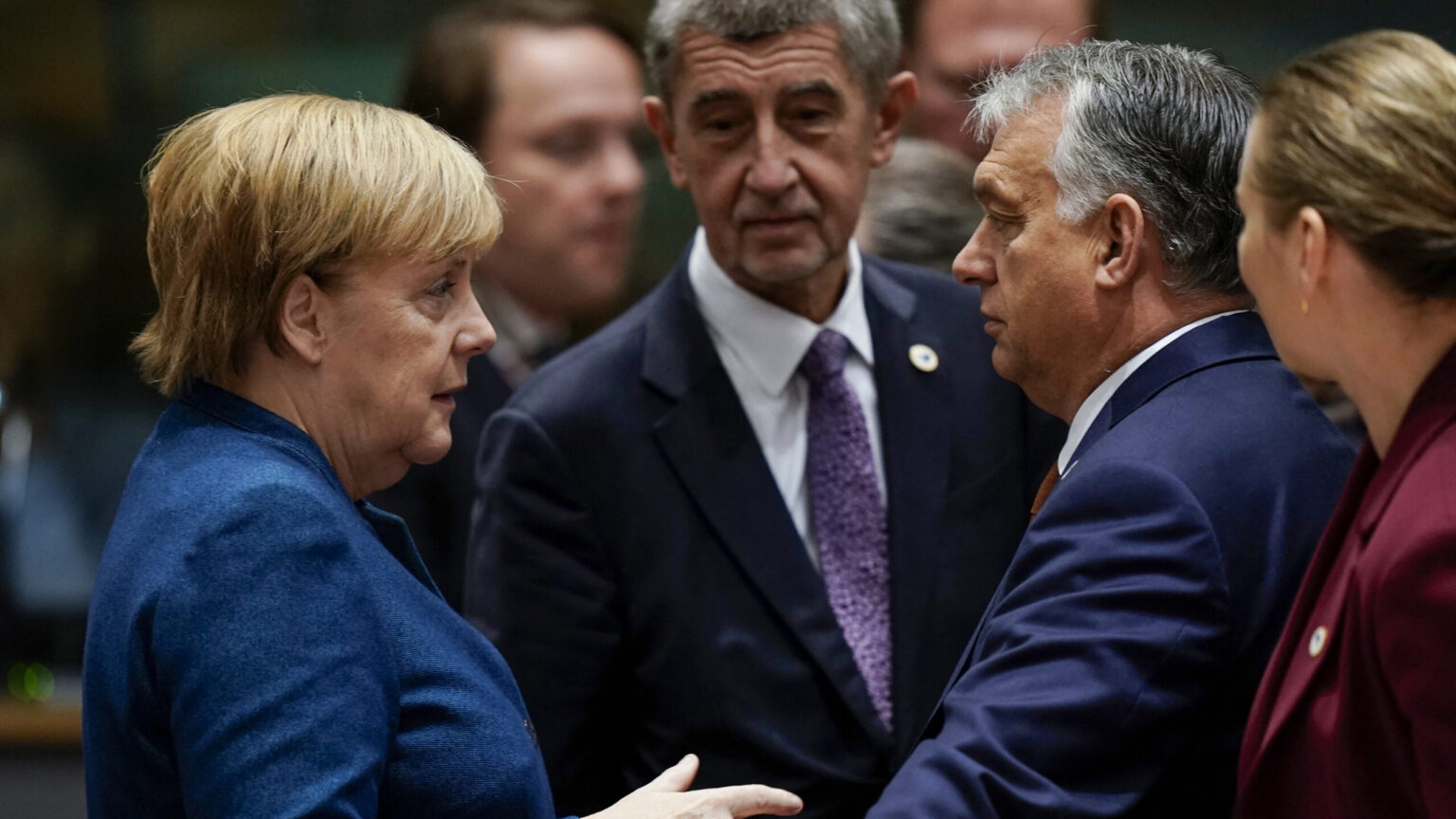
Former German Chancellor Angela Merkel dismissed claims that Hungarian Prime Minister Viktor Orbán is a Russian ‘Trojan horse’ in the EU, calling the accusations ‘nonsense’ and ‘absurd’ in an interview with opposition channel Partizán. She stressed Orbán has always pursued Hungary’s interests, often clashing with Brussels but also seeking compromise.
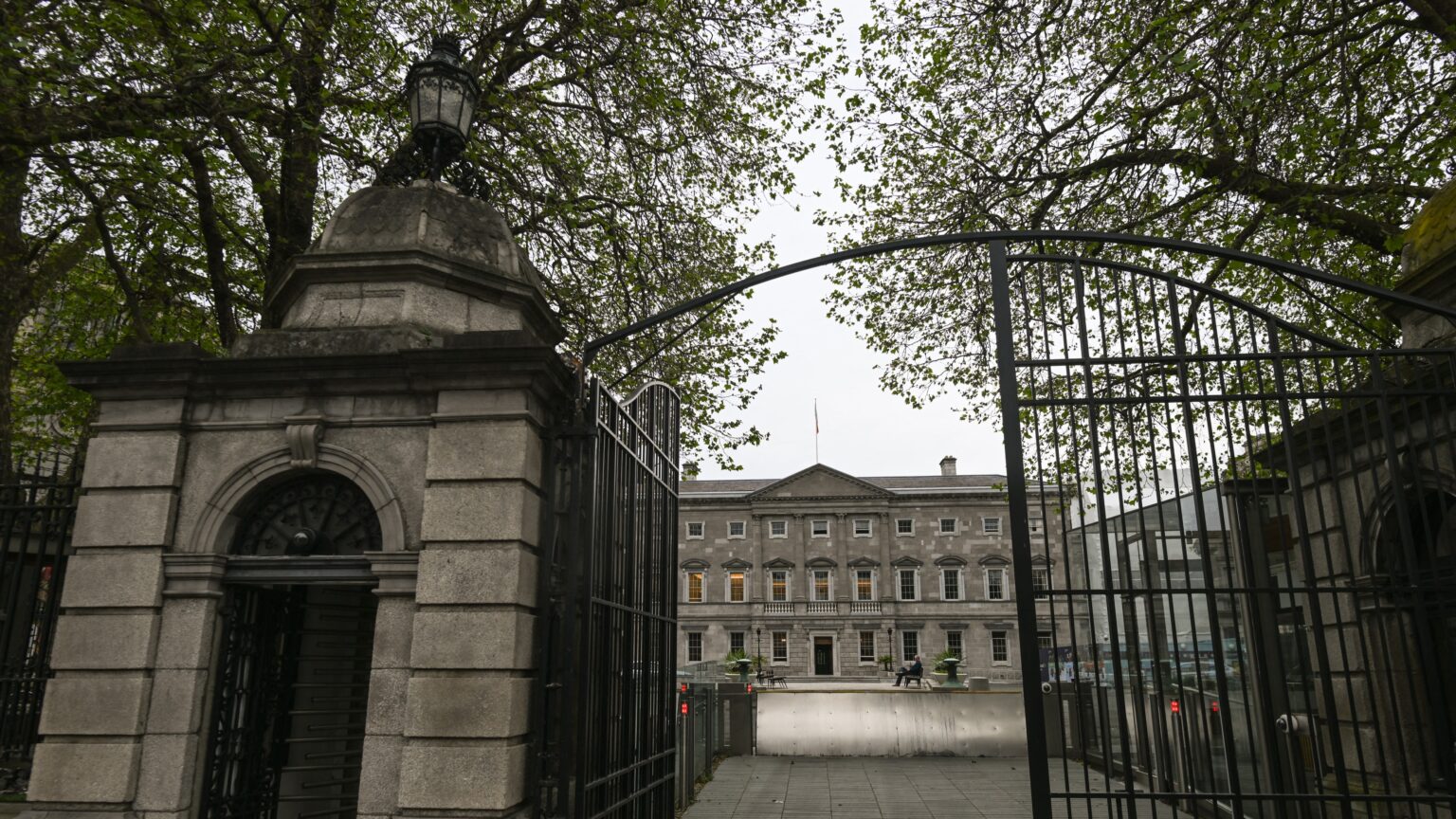
‘Across Europe, establishment forces increasingly block ballot access to maintain liberalism’s tight grip.’
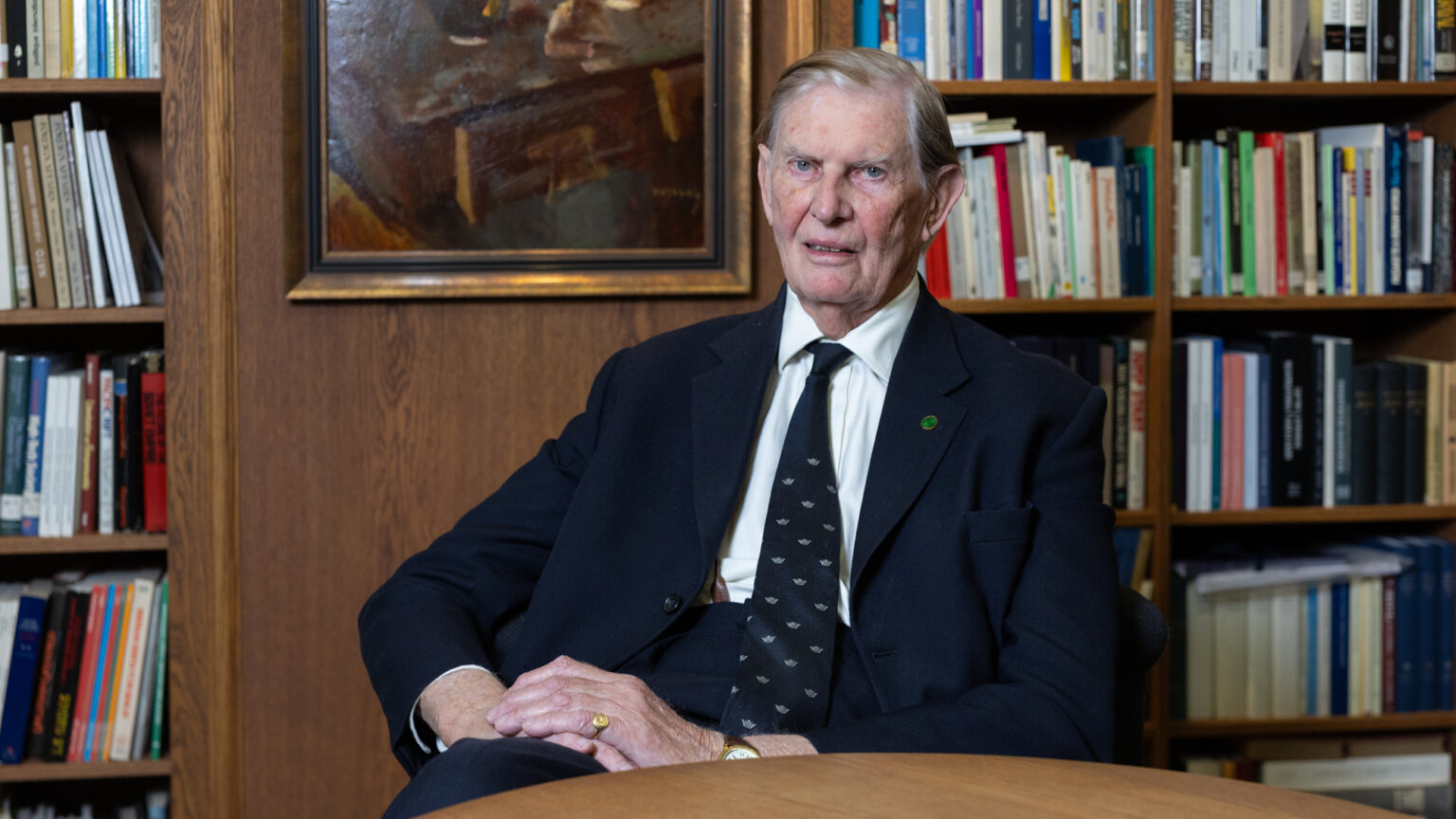
‘She had a huge belief in the sense of independence…which your Prime Minister has as well: national identity, determination to secure your borders, and the right to govern yourselves. You have a dilemma, which is the one that she had at the time before she left Parliament—she was in a European community, just as your Prime Minister is now in a European Union.’
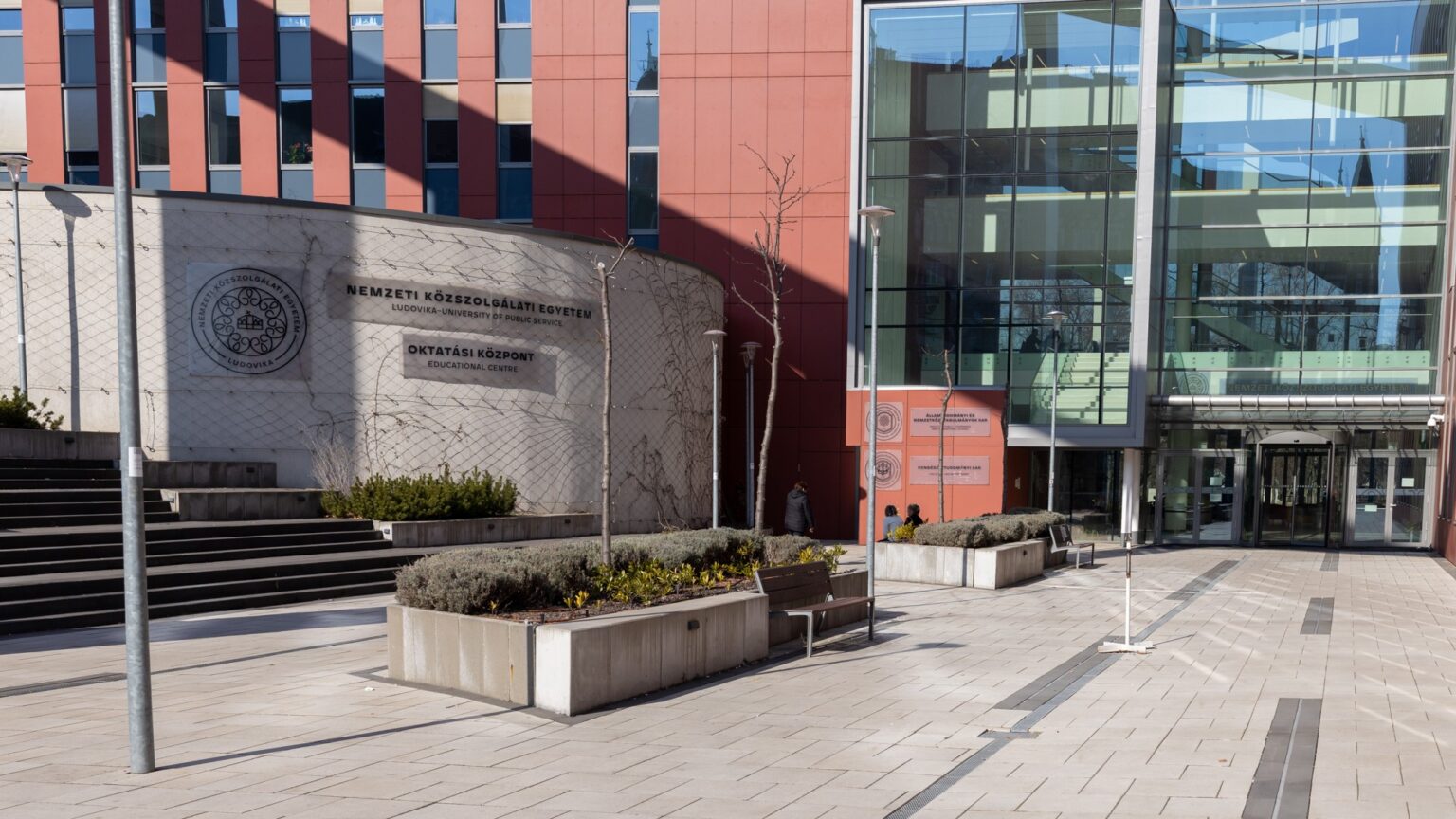
A new survey by the Nézőpont Institute shows strong trust in Hungarian universities, with nearly 80 per cent of students saying they would choose the same institution again and three-quarters ready to recommend their university to others.
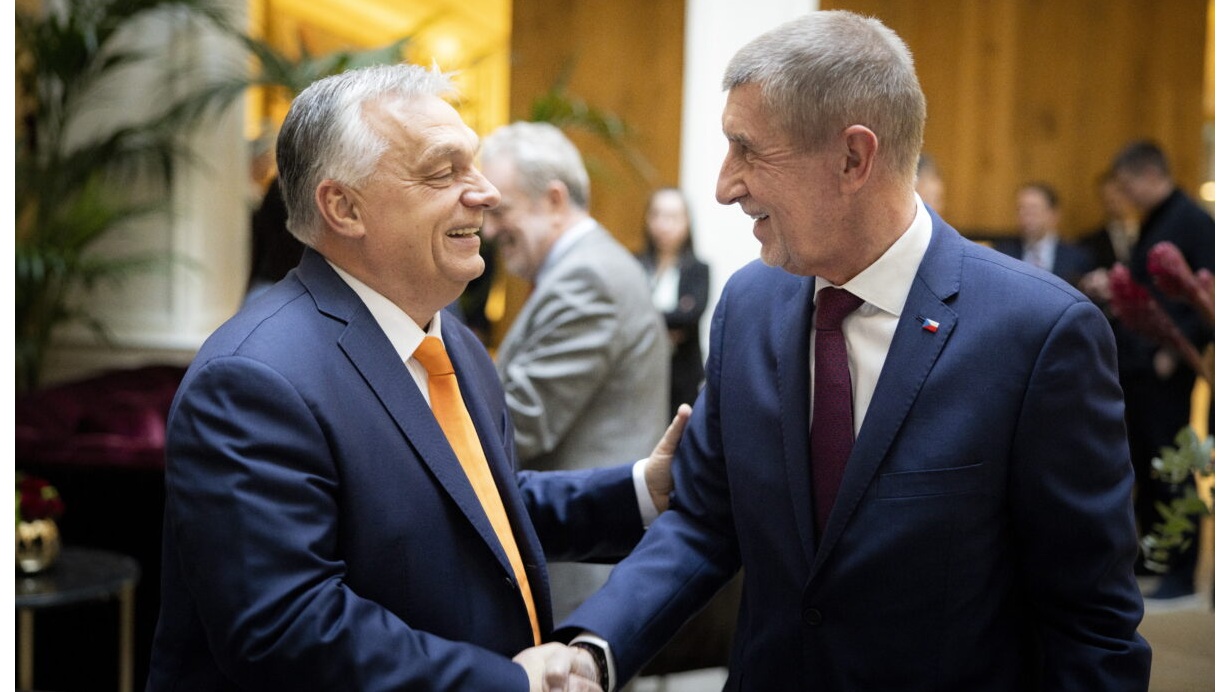
The right-wing ANO party, led by Former Prime Minister Andrej Babiš, won by far the most seats (80) and the largest share of the popular vote (34.5 per cent) in the Czech parliamentary election held this weekend. However, they still need to find coalition partners to form a government. During his first term in office, PM Babiš had a close relationship with PM Viktor Orbán of Hungary.
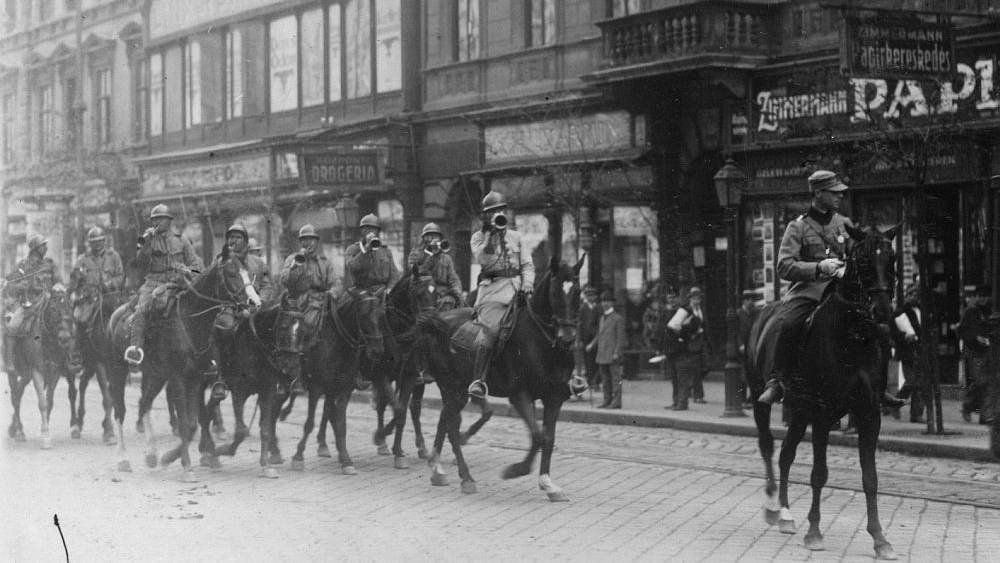
‘In the name of both myself and all the residents of the house, I lodge this complaint against unknown Romanian soldiers who, after becoming intoxicated day after day in the tavern located on the ground floor of the building, come out into the courtyard and recklessly fire their weapons with live ammunition, constantly endangering the bodily integrity and lives of the residents.’
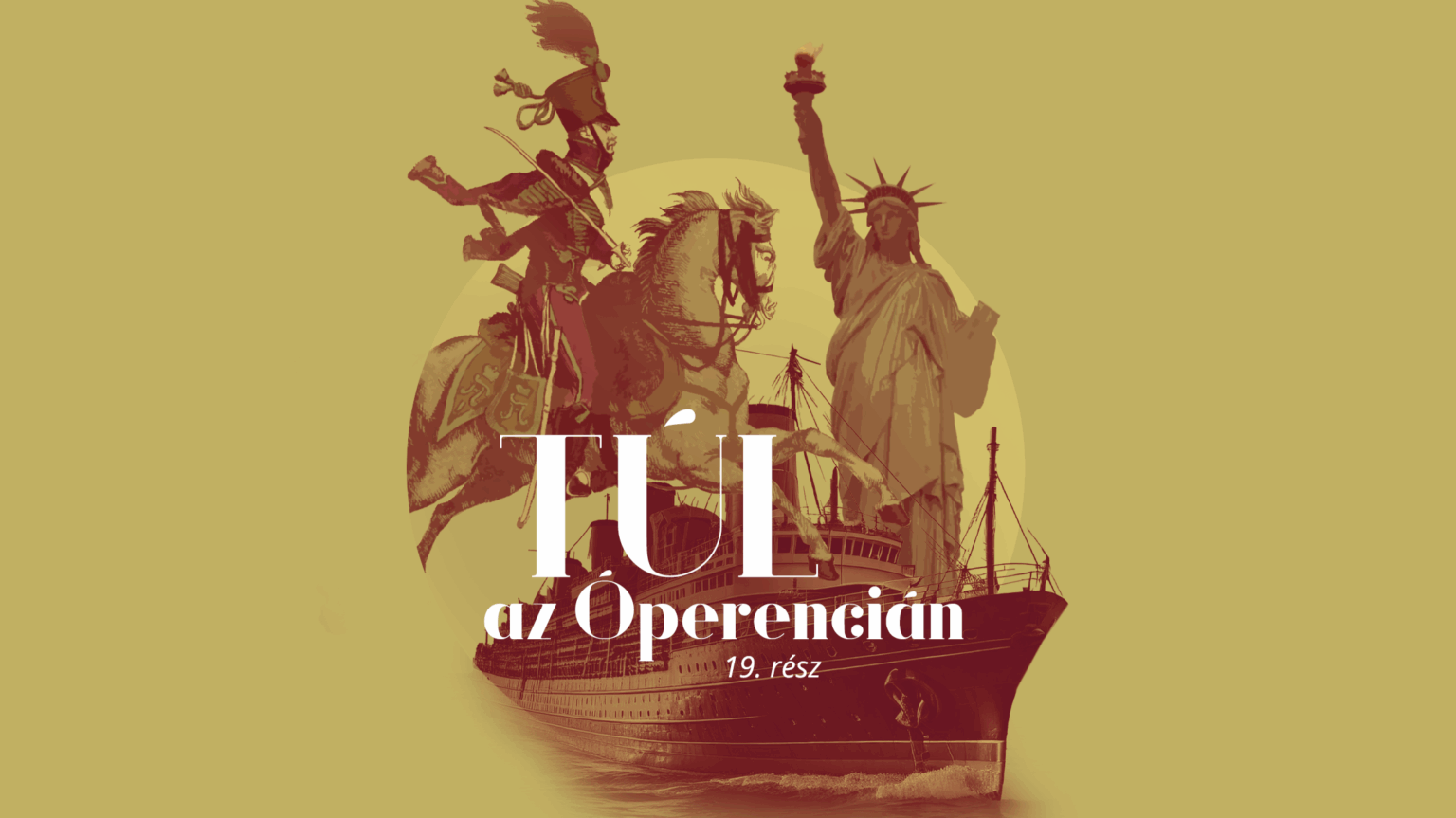
In its ‘Beyond the Óperencia’ series, Magyar Krónika is looking at the meeting points of America and Hungary, and at Hungarians in America, from penniless peasants to political emigrants and soldiers of fortune. In this part, let us present the story of Dr Arthur Wadgymar, who had a quite unbelievable life…
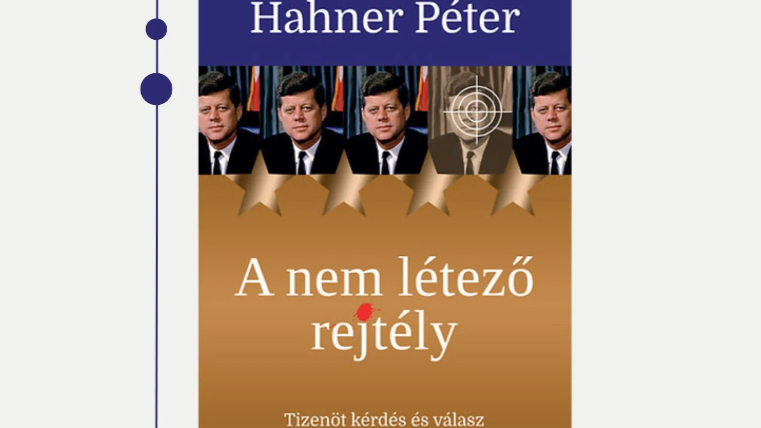
‘It is worth reading Hungarian historian Péter Hahner’s intriguing book, published 12 years ago, which deals with the most well-known conspiracy theories related to the Kennedy assassination on the occasion of its 50th anniversary, if only because President Trump signed an executive order on the release of secret files related to the assassination earlier this year.’
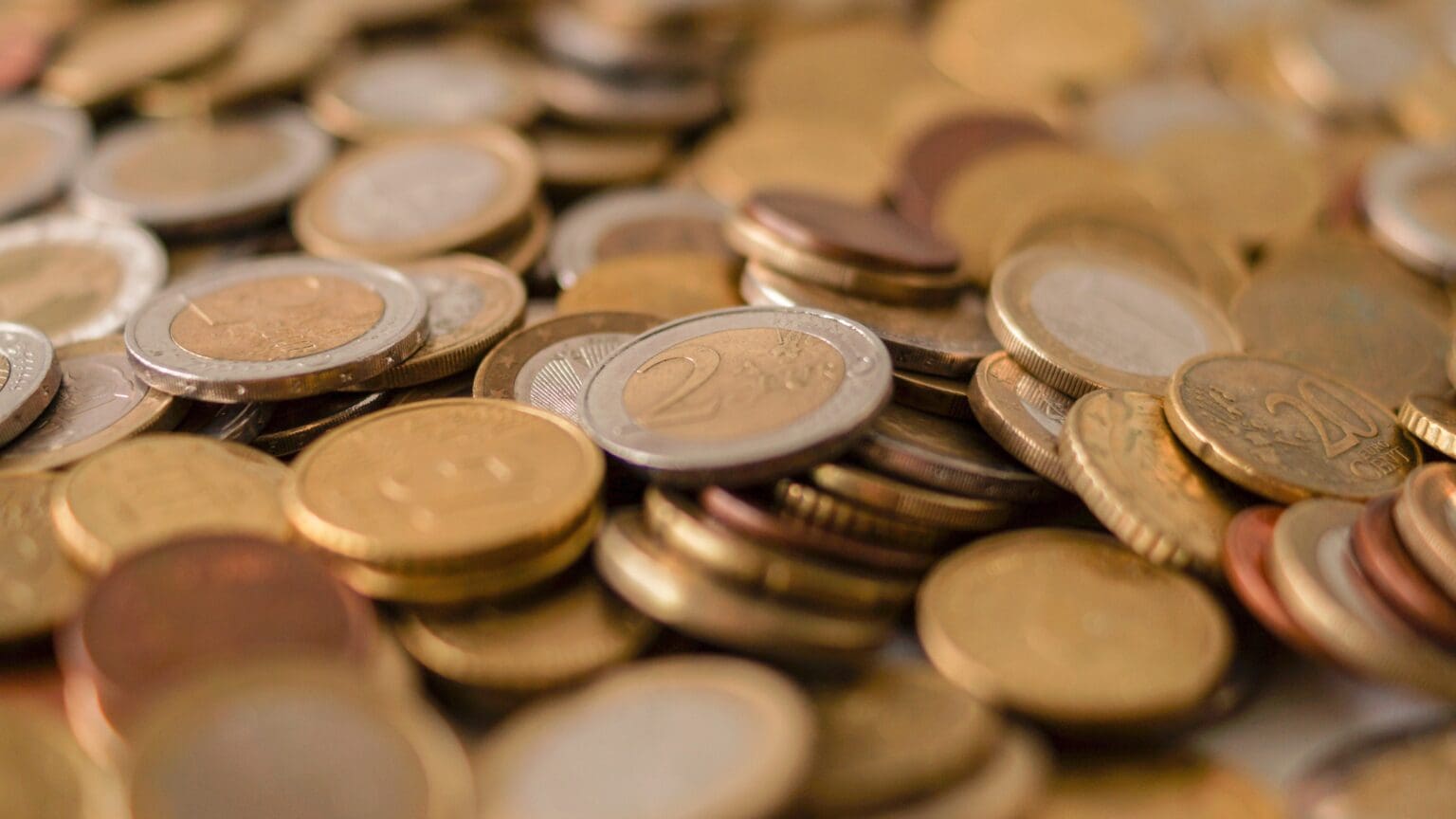
‘The experience of the European Union member states in the 21st century clearly indicates that the true measure of sovereignty today is not primarily the question of the fulfilment of a legal concept, but the level of realization of economic and technological independence.’
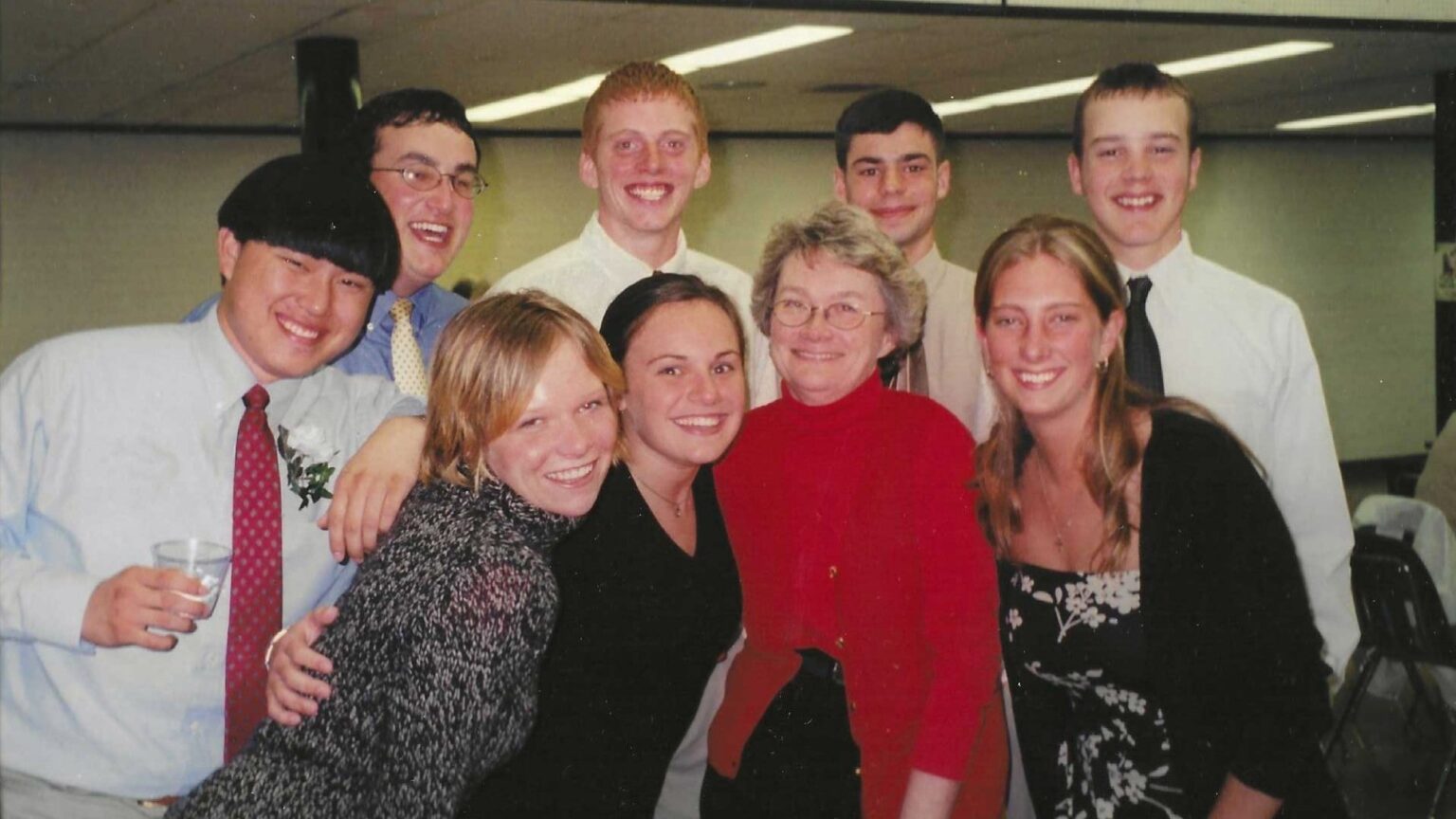
‘I believe that anyone who comes here values Hungarian identity, including young people present here, and we should appreciate that…The children’s program started because parents wanted to attend the lectures. That’s why it’s so important that it continues, and that’s why I committed to it for so long. But a person must also know when to stop.’
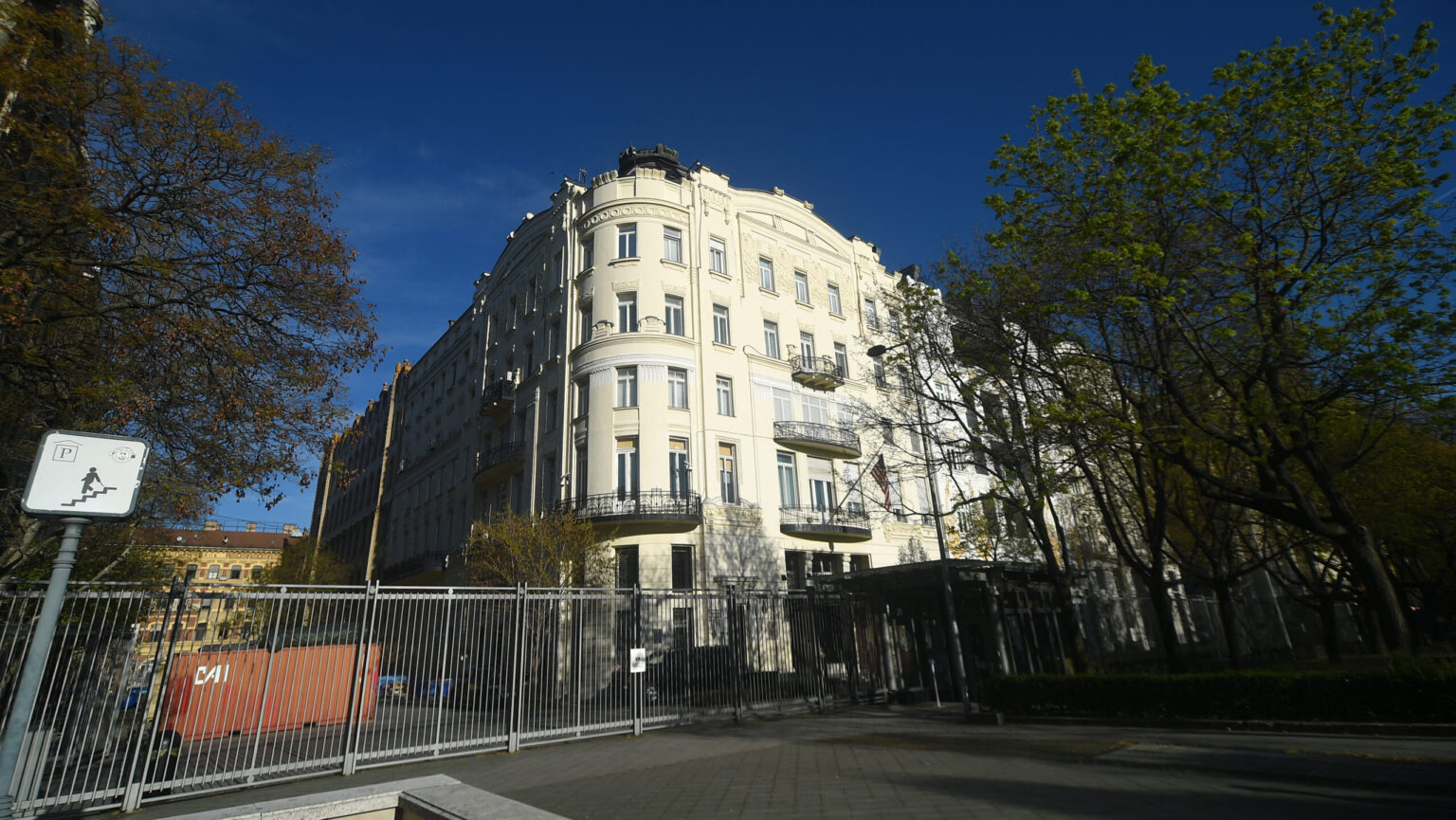
President Donald Trump has tapped Benjamin Landa, a businessman active in Jewish communal life, as the next US Ambassador to Hungary. Landa’s nomination follows months of speculation and comes after Pressman’s departure, with diplomat Robert Palladino currently serving as interim head of mission.
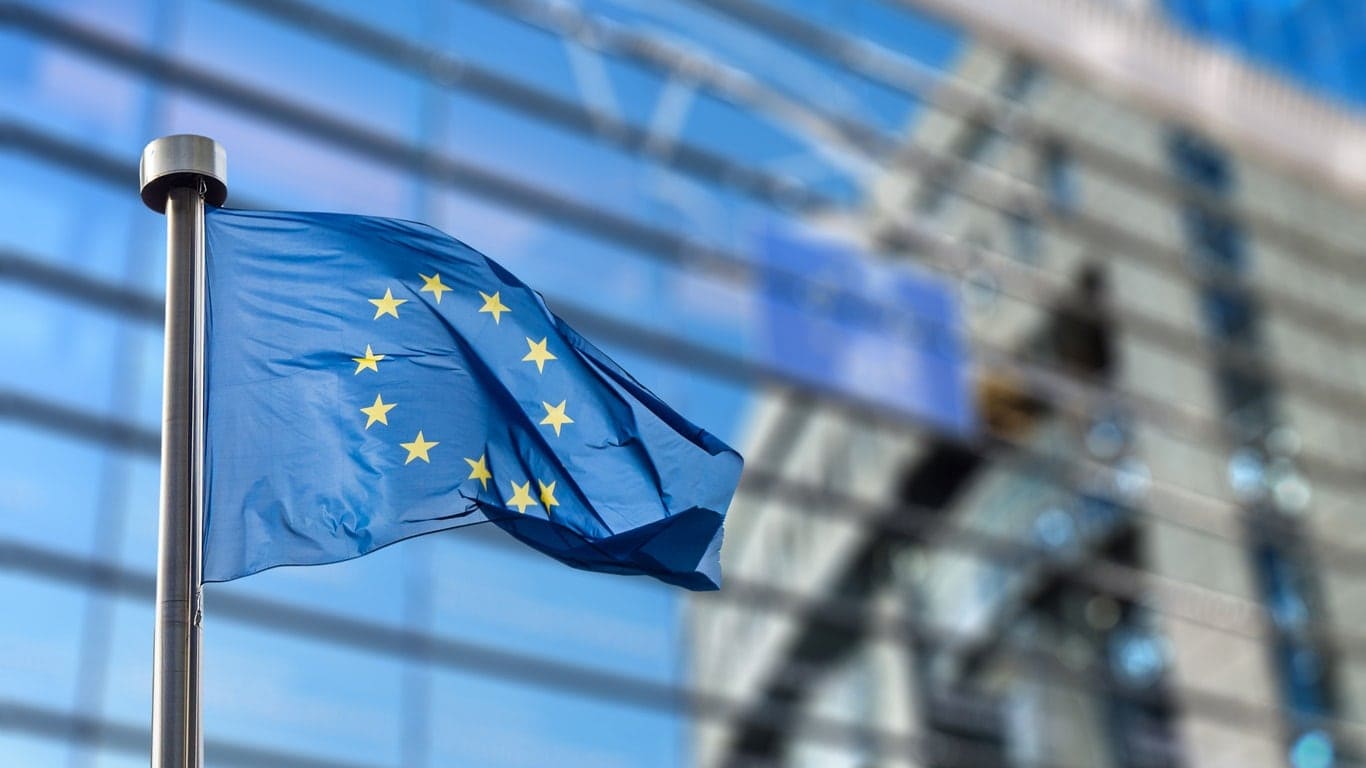
‘In recent years, the European Union has been seeking the glamour of international politics. It wants to behave like a great power, while its vocation should be to organize close cooperation between sovereign states. It wants to wage war when its mission is to bring peace. Under the current leadership, it has abandoned its mission as set forth by the Founding Fathers, and this could cost it its existence.’
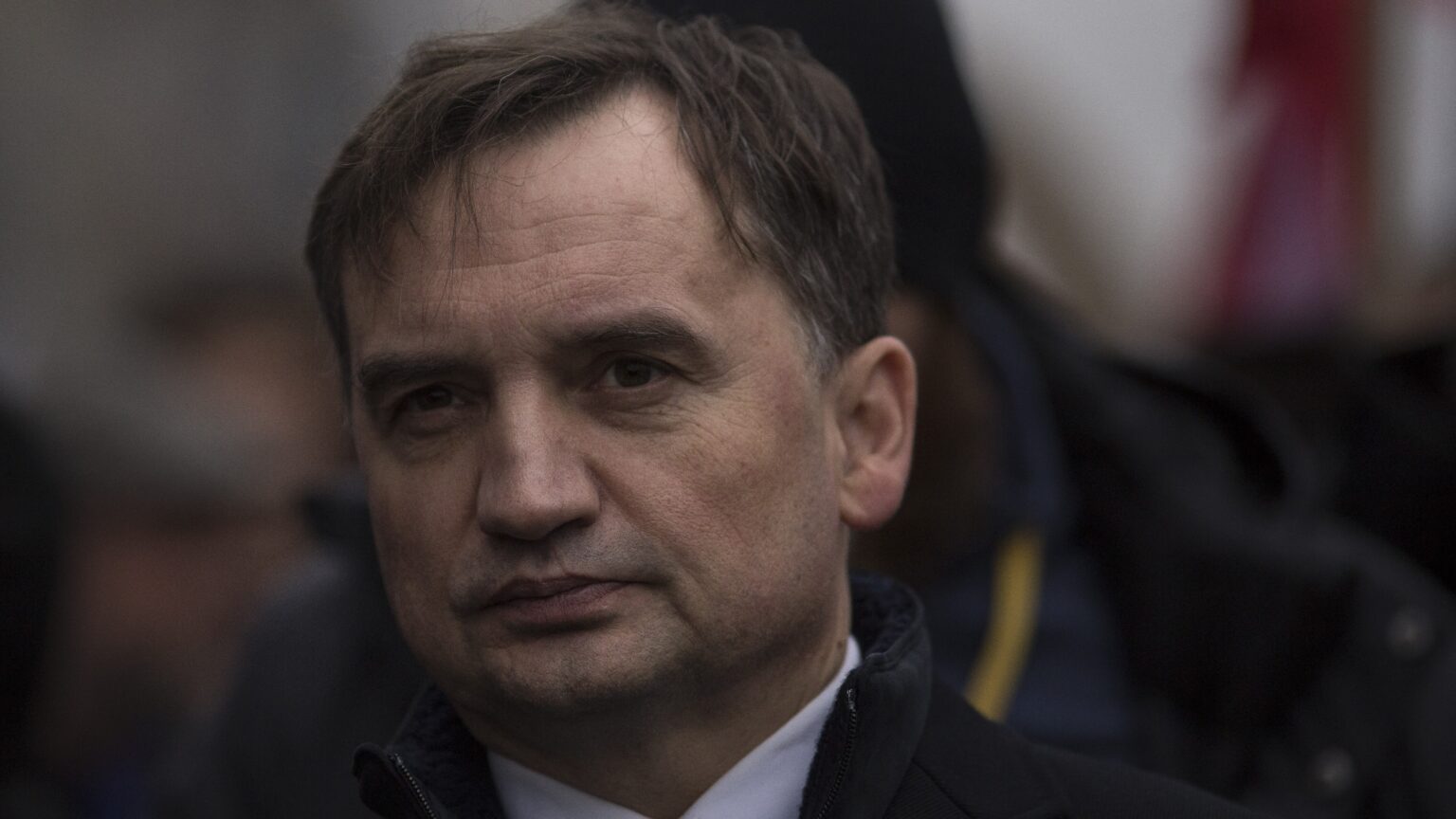
‘The central allegation is that Pegasus was acquired illegally…In 2017 Deputy Minister of Justice Michał Woś transferred funds from the Justice Fund to the Central Anti-Corruption Bureau (CBA). The opposition and the Supreme Audit Office deemed this unlawful, claiming that the CBA may only receive money from the state budget. However, there is no legal basis for such exclusivity…’
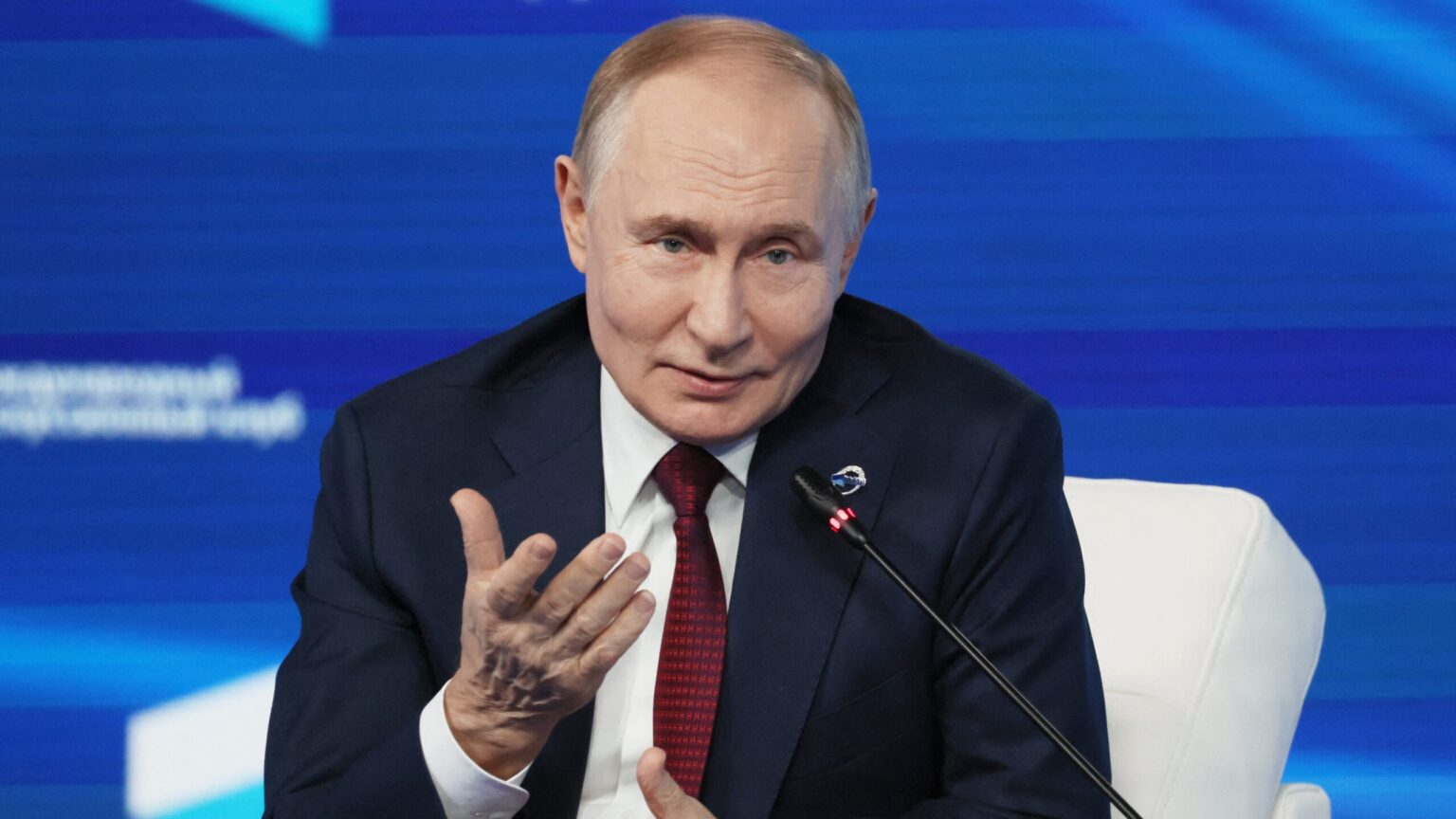
Russian President Vladimir Putin praised Viktor Orbán as a leader defending national interests in Europe, declaring that if such forces grow stronger, ‘Europe will be reborn.’ Speaking at the Valdai Club in Sochi, he also attacked the EU’s migration policies, while boasting that Russian forces hold the strategic initiative in Ukraine.

40 years after its historic circumnavigation, the legendary St Jupát sailboat has been fully restored and relaunched on Lake Balaton. Visitors can explore the vessel and join a 700-day series of events celebrating the daring voyage of Nándor Fa and József Gál.
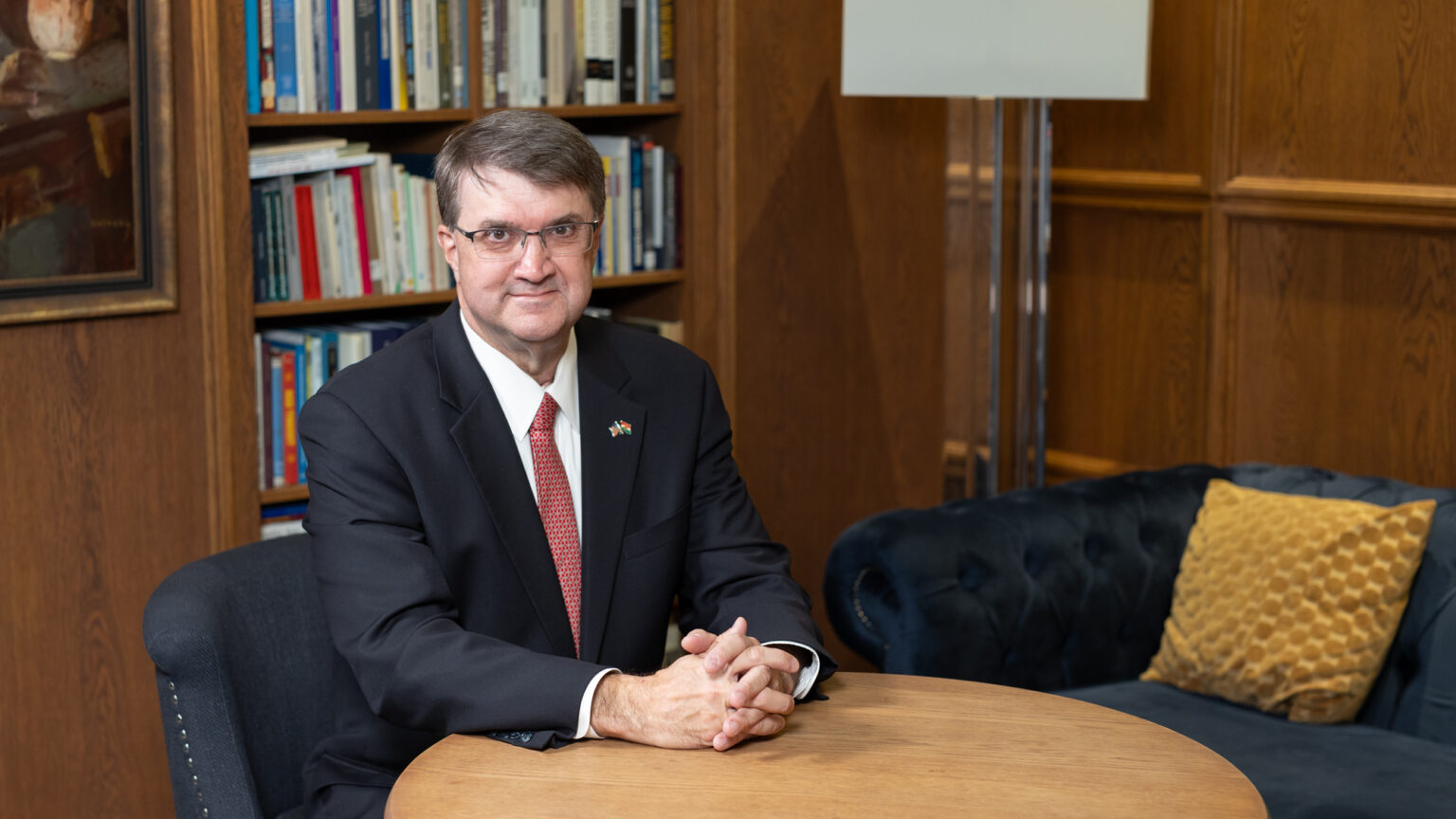
What tools of pressure does Trump have to deploy against Russia if diplomacy fails? Is the United States’ support for Israel infinite? Could Hungary switch from Russian energy to American? What is the future of Europe? We asked former United States Secretary of Veterans Affairs Robert Wilkie about Trump’s three unresolved geopolitical games.
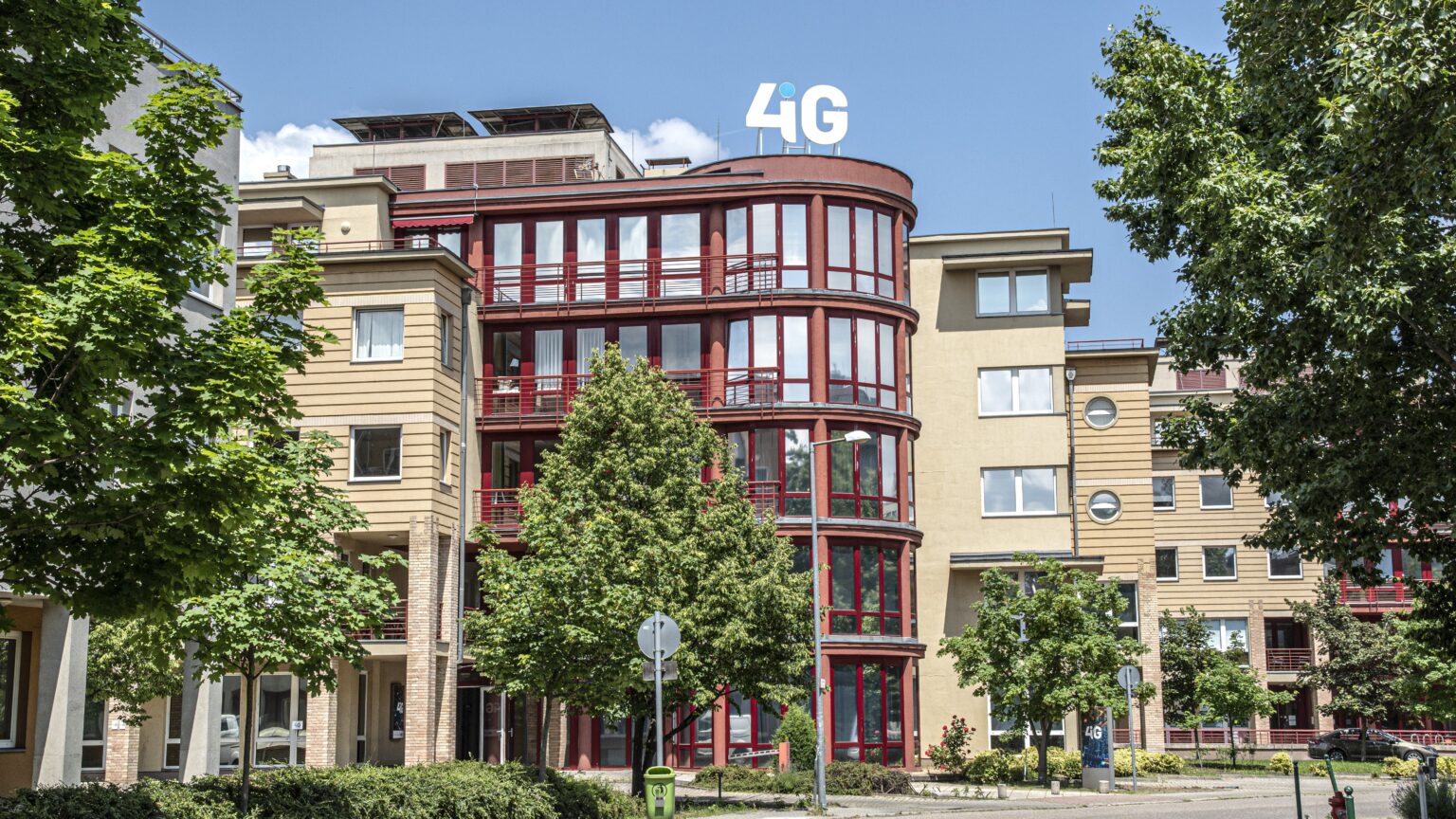
Hungary’s 4iG Group has signed a preliminary agreement with US-based Axiom Space, pledging up to 100 million dollars in investment and outlining plans for a further 100 million dollar project to build Europe’s first orbital data centre.